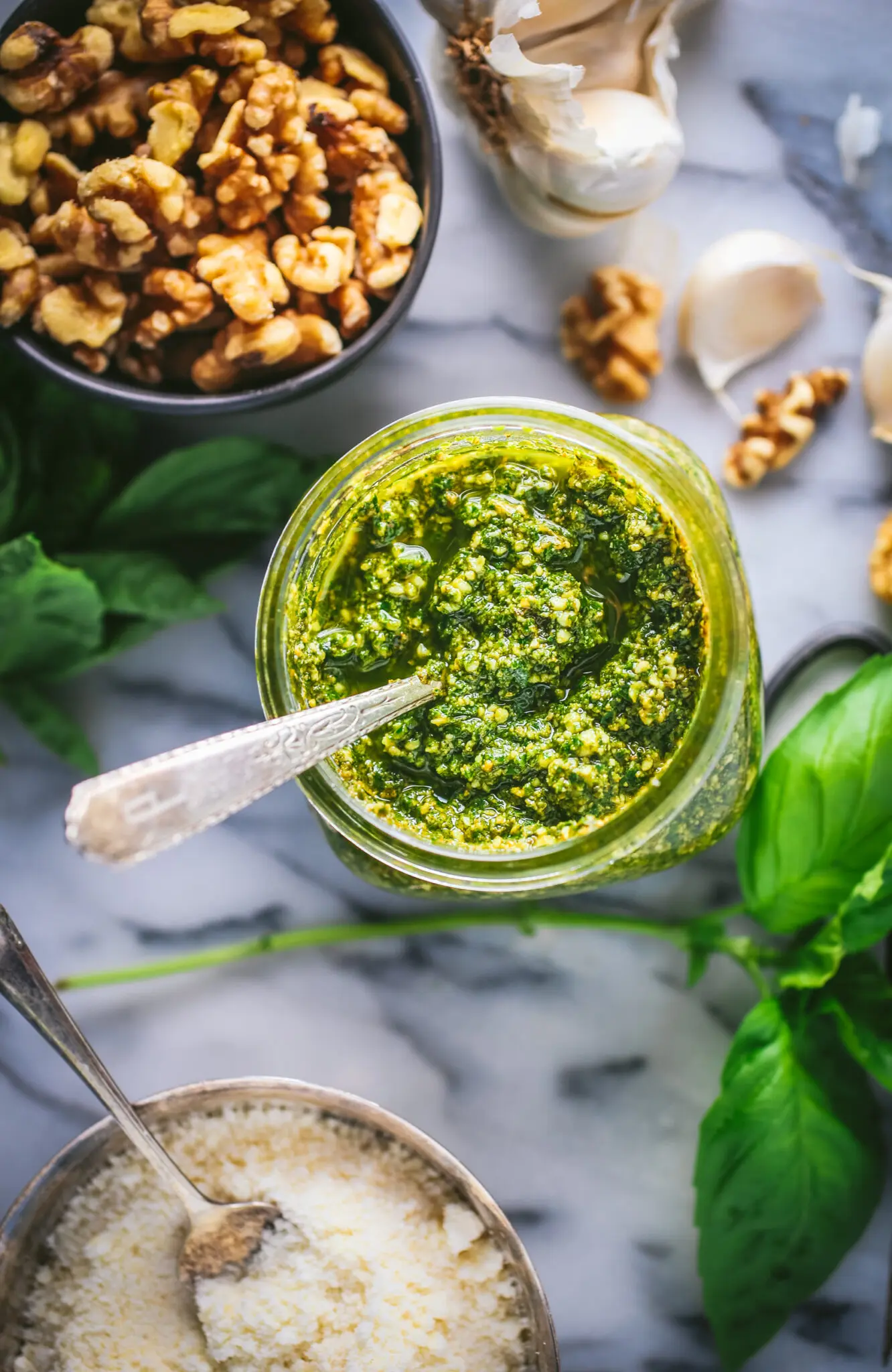
We’re finally getting better at this whole “growing stuff” thing. Our first year here we struggled with just a few herbs on the deck. We grew some thyme, a bit of sage, a little rosemary. One scraggly little basil plant that got some sort of fungus and never recovered. Our second year was a little better. The rosemary was bushier, the chives flowered beautifully. Basil seemed happier.
This year, pow! Basil explosion. We’re growing them in large pots in a very sunny spot and they’ve gone absolutely bonkers. It’s like Day of the Triffids out there.
So what does one do with a psychotic surplus of basil? Make pesto, of course!
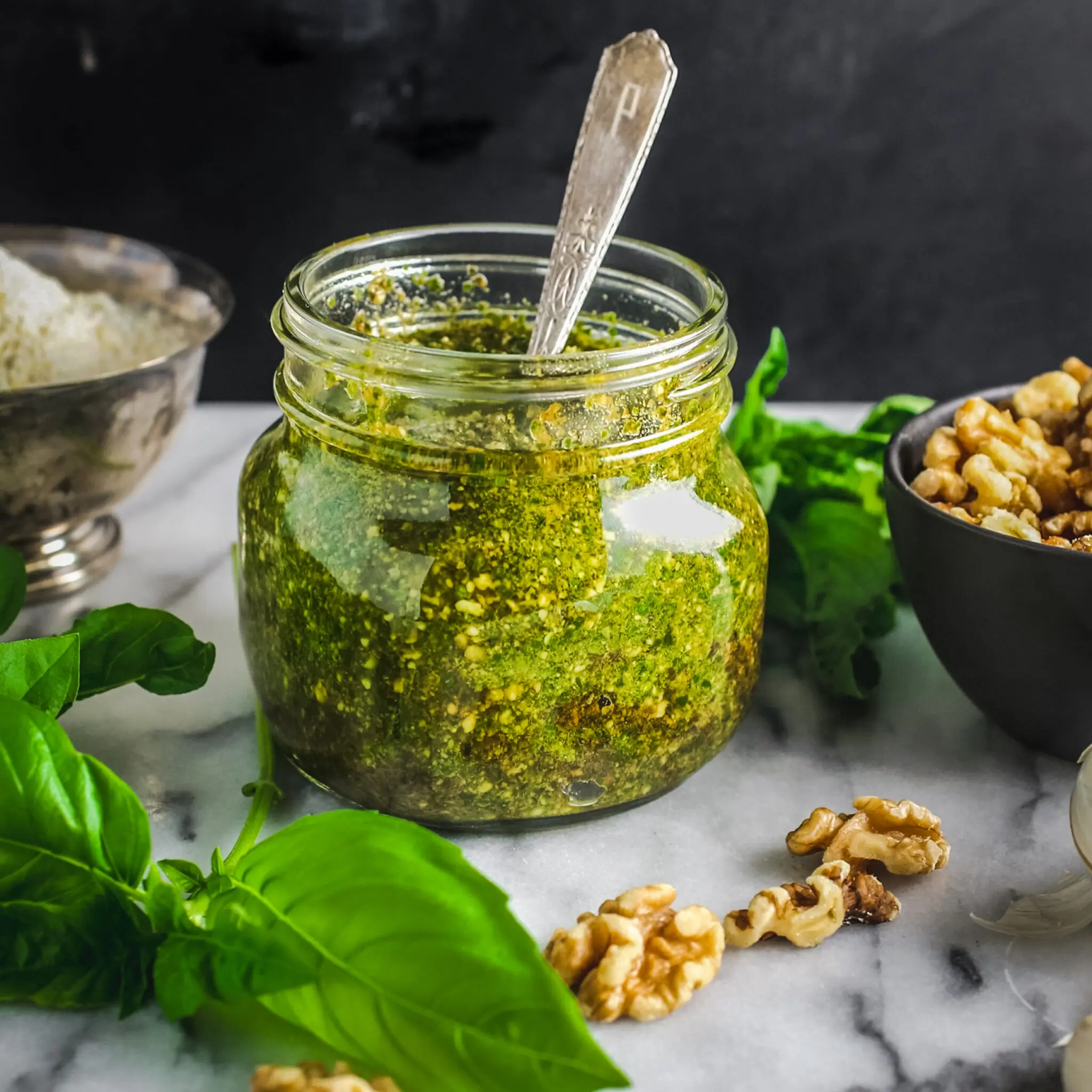
Fresh basil has such a wonderfully verdant, almost spicy flavor which is just so delicious, especially when combined with zingy garlic, rich nuts, salty cheese and fruity olive oil. The “traditional” recipe for pesto uses pine nuts which, while absolutely wonderful, are also ridiculously, extortionately expensive.
You would not be crazy for thinking that, based on price, pine nuts were actually the crystalized tears of tiny and extremely rare wood elves, requiring a dangerous and costly round trip ticket to a magical fairy realm.
But no, they’re really just the edible seeds produced by pine cones. They are labor intensive though, and coupled with that, most commercial pine nuts are grown in China and Russia which have had troubled crops in the past few years. Demand for the nuts is high, supply is low. You do the math. No seriously, I suck at it.
My solution is to use walnuts instead, and to be honest, I like their flavor in pesto even better. And since I’m already flouting the rules with wild abandon, I decided to use Pecorino Romano instead of Parmigiano-Reggiano as well. Crazy, I know!
Nerd note: The main difference between Parmigiano-Reggiano and Pecorino Romano is that the former is made from cow’s milk and the latter is made from sheep’s milk. Parmigiano is also aged longer, which is one of the reasons that Pecorino tends to cost quite a bit less. Pecorino is drier, more crumbly, and also tangier where Parmigiano is nuttier and more nuanced.
If I’m arranging a cheese plate or shaving cheese onto a salad, I would use Parmigiano. If I’m sprinkling cheese over pasta or pizza, I prefer Pecorino. For this pesto, besides the cost difference, I like the full, tangy flavor that the Pecorino adds.
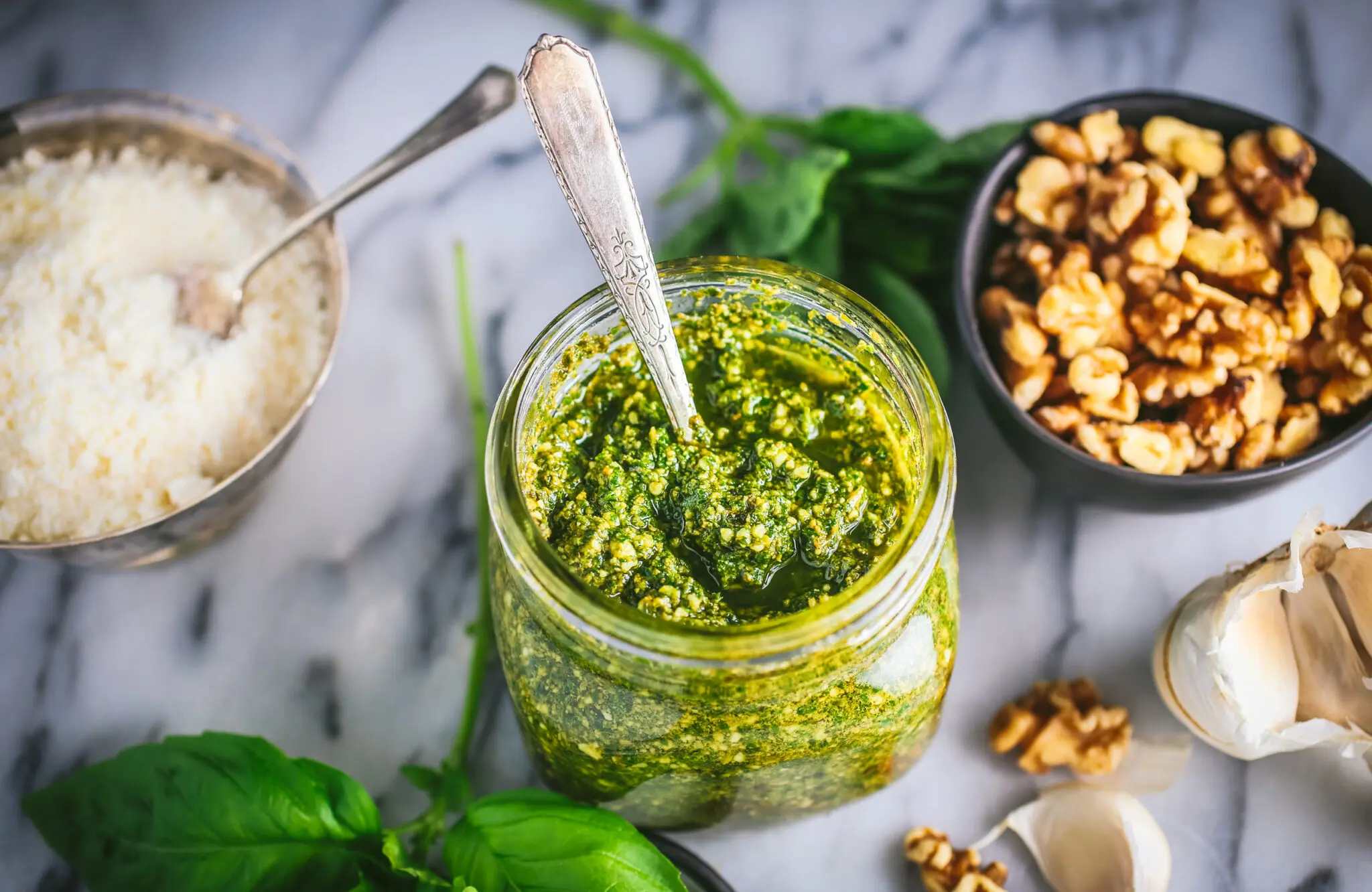
tips and substitutions for perfect pesto
- You could use almonds or even sunflower seeds in basil pesto as well.
- Garlic is much stronger when it’s raw, so don’t add too much. You can always add more, but you can’t take it out.
- Try using other things besides basil. I love adding spinach, kale, ramps, garlic scapes, mint, and parsley.
- Besides this wonderful Couscous Salad with Mozzarella and Tomatoes, this pesto has many uses beyond pasta.
- Try it on chicken (spread about a tablespoon of the paste over some skinless breasts or thighs and roast until cooked).
- Smear basil pesto on Italian bread and broil it for a delicious take on garlic bread.
- Mix it with mayo and smear it on sandwich bread.
- Two words: Pesto Pizza.
Basil Pesto with Walnuts and Pecorino
Ingredients
- 1/2 cup walnuts toasted
- 2 tablespoons chopped garlic 4-5 medium cloves
- 5 cups fresh basil leaves packed
- 1/2 teaspoon coarse kosher salt
- 1/2 teaspoon freshly ground black pepper
- 1 1/4 cups extra virgin olive oil
- 1 cup grated Pecorino Romano or Parmesan
Instructions
- Place the garlic in the bowl of a food processor fitted with a steel blade. Process for 30 seconds until finely chopped. Add the walnuts and process until roughly chopped, another 30 sec. Add the basil leaves, salt, and pepper (pulse a few times to make it all fit, if needed). With the processor running, slowly pour the olive oil into the bowl through the feed tube and process until the pesto is thoroughly pureed. Add the cheese and puree for a just a second to mix. Serve, or store the pesto in the refrigerator or freezer with a thin film of olive oil on top.
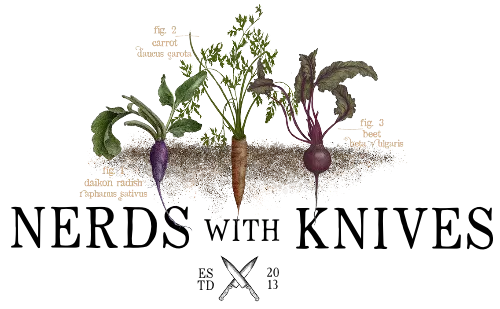
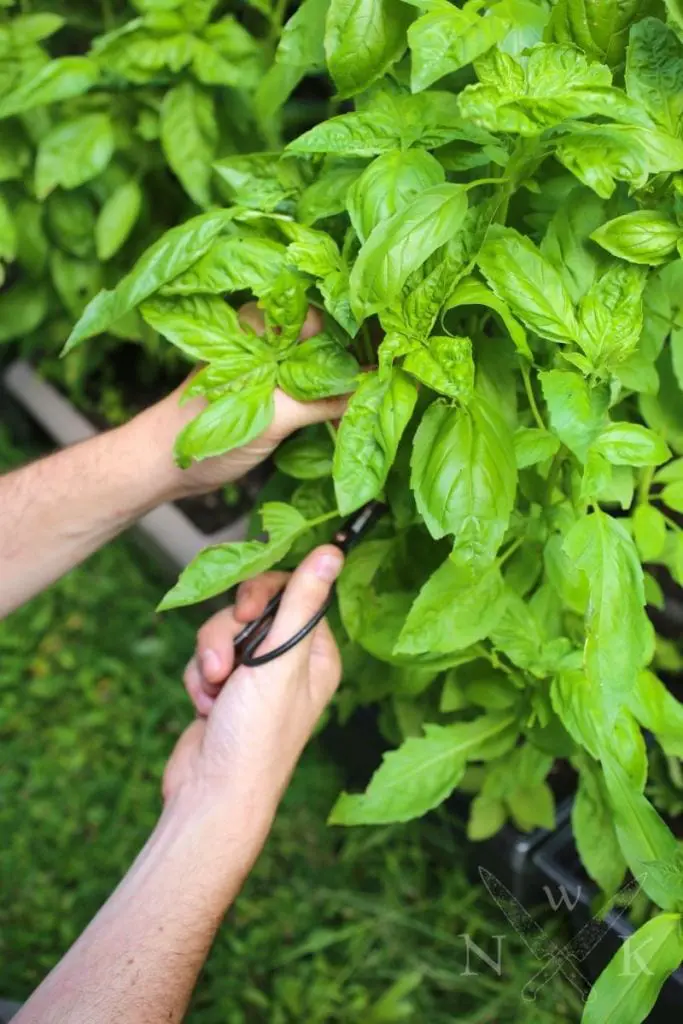

Just found your blog this year and am enjoying it tremendously.
I too switched to Pec. Romano and walnuts years ago — the former for flavor, the latter as a protest against sky-high prices (even at Costco). Have a suggestion for you for a future crop of Basil. Try Thai Basil. Seriously, you will find it far superior for this kind of recipe than the genovese variety.
Thanks so much, Marie! Yes, Thai basil is amazing! I love how spicy and peppery it is. We haven’t had great luck growing it for some reason but I’m going to try again this summer. Fingers crossed!
Do you think it would matter if I didn’t use the salt and pepper? I just need to cut down on ingredients because I have to take them with me to cook.
Do you think it would matter if I didn’t toast the walnuts? I’m just not sure I have the facilities to do that.
Do you think it would matter if i didn’t toast the walnuts? I just don’t think I have the facilities for that.